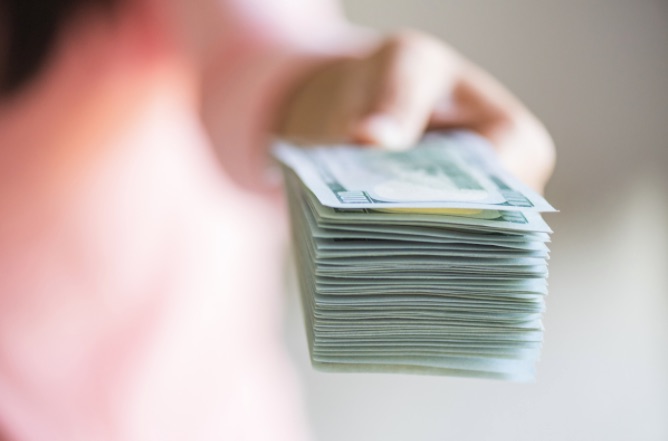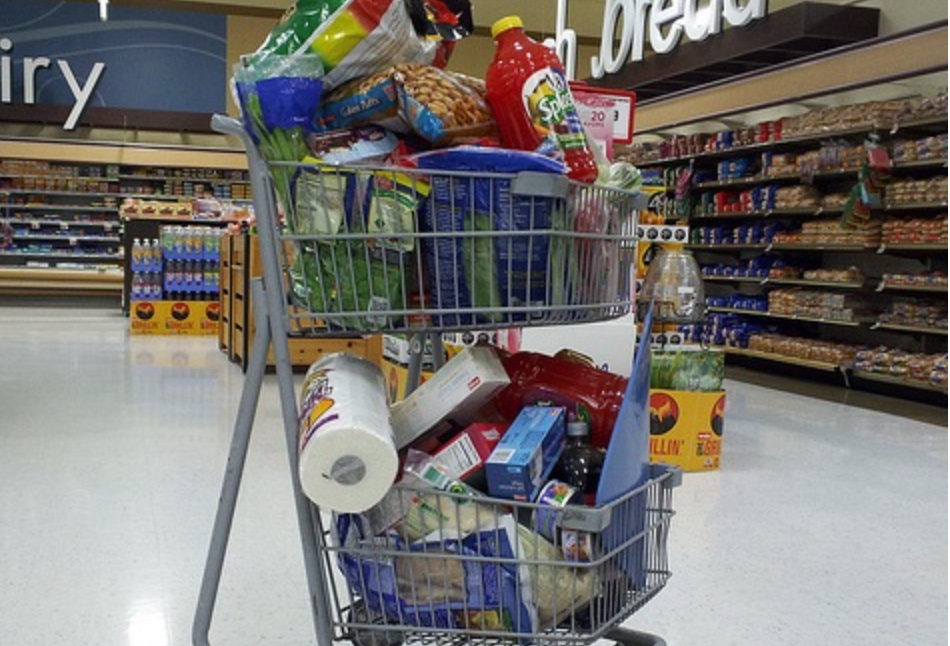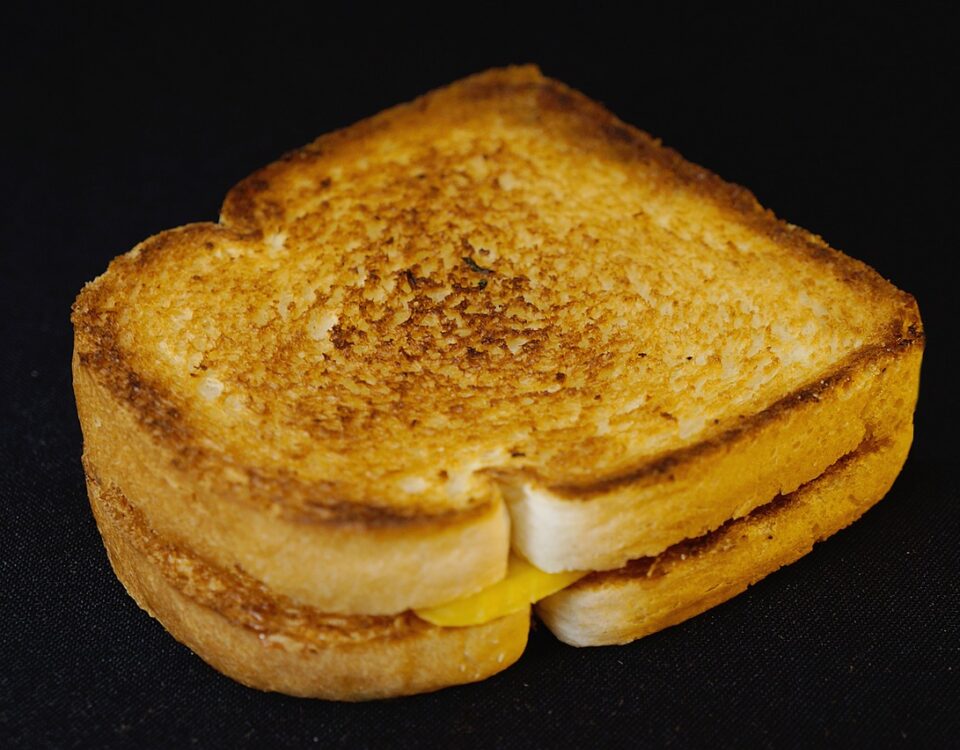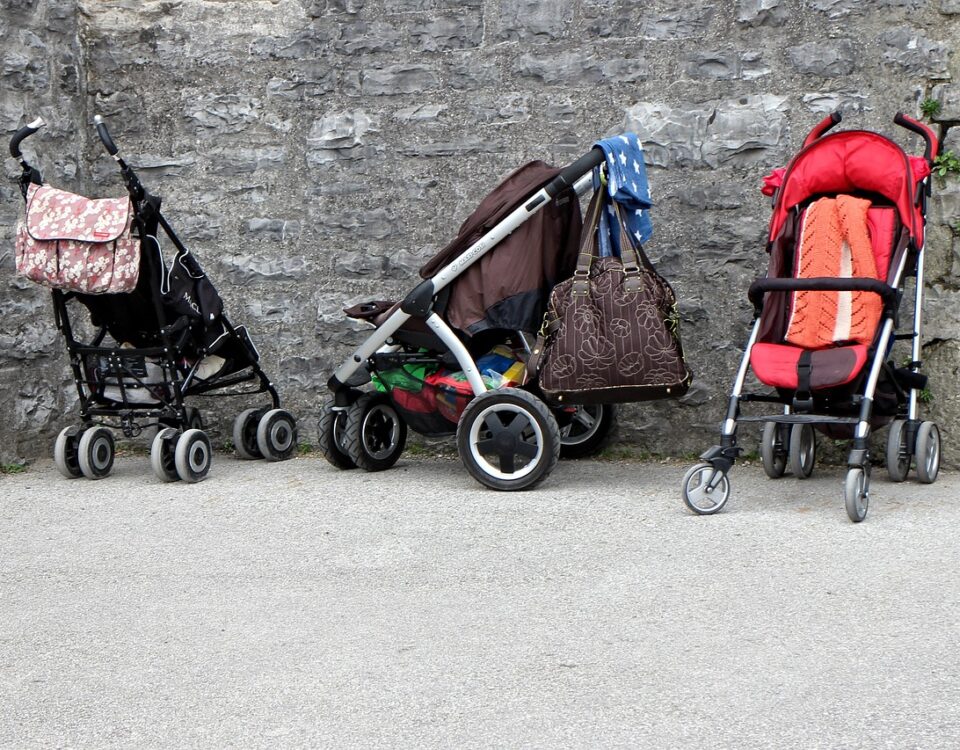
The Afterlife of All We Return
December 27, 2023
A Tale of Two Canals
December 29, 2023In a recent University of Chicago survey. participants expressed the meaning of money in their lives. Although traditional American values still had top slots, money moved higher.
You can see the steep decline in the importance of patriotism, religion, and having children:
 Money’s Value
Money’s Value
Harvard Professor Michael Sandel starts What Money Can’t Buy with examples of what it can buy. Ranging from the prices of permits that let a company pollute to students receiving cash for higher grades, money is one route to a desired outcome. While recognizing that the market brought considerable prosperity, he also wonders if its values have become too prevalent. Or, as he says, “Sometimes market values crowd out nonmarket values worth caring about.”
The result? We “commodify” certain goods and services by bringing their value into territory where they do not belong. Imagine how Thanksgiving dinner changes when mom tells her adult children that, to attend, they each owe her $40.
Taking the next step, Dr. Sandel describes a slew of examples. As he explains, human beings are most obvious. When enslaved people are bought and sold at auction, they are stripped of their dignity and respect.
Also though, less egregious markets erode important social norms. He is concerned with the ways we pay to avoid a queue or at least have a shorter wait. When we enter the country, for $100, we can have the luxury of Global Entry. Somewhat similarly, for a fee Disney offers us Genie+ and sole drivers can pay to use the high occupancy lane.
Summarizing, Dr. Sandel believes that when we value money more highly, it can “crowd out better motives.”
Our Bottom Line: Tradeoff
So, where does that leave us? Is it okay that money has become a more important value?
I once fleetingly spoke with Lawrence Summers. Asked the most important idea I could convey to my economics students, he said “the power of the market.” So yes, knowing that the power of the market eliminates extreme poverty and increases the number of transplantable kidneys, we can return to the economic idea of cost. Defined economically, cost is the sacrificed alternative of every decision.
Because cost reminds us that choosing is refusing, we can decide when the ascending importance of money is worth the tradeoff.
My sources and more: With its survey results, this WSJ article is a good place to start. Then, while this Pew survey confirmed the WSJ results, there were differences.
![econlifelogotrademarkedwebsitelogo[1]](/wp-content/uploads/2024/05/econlifelogotrademarkedwebsitelogo1.png#100878)




